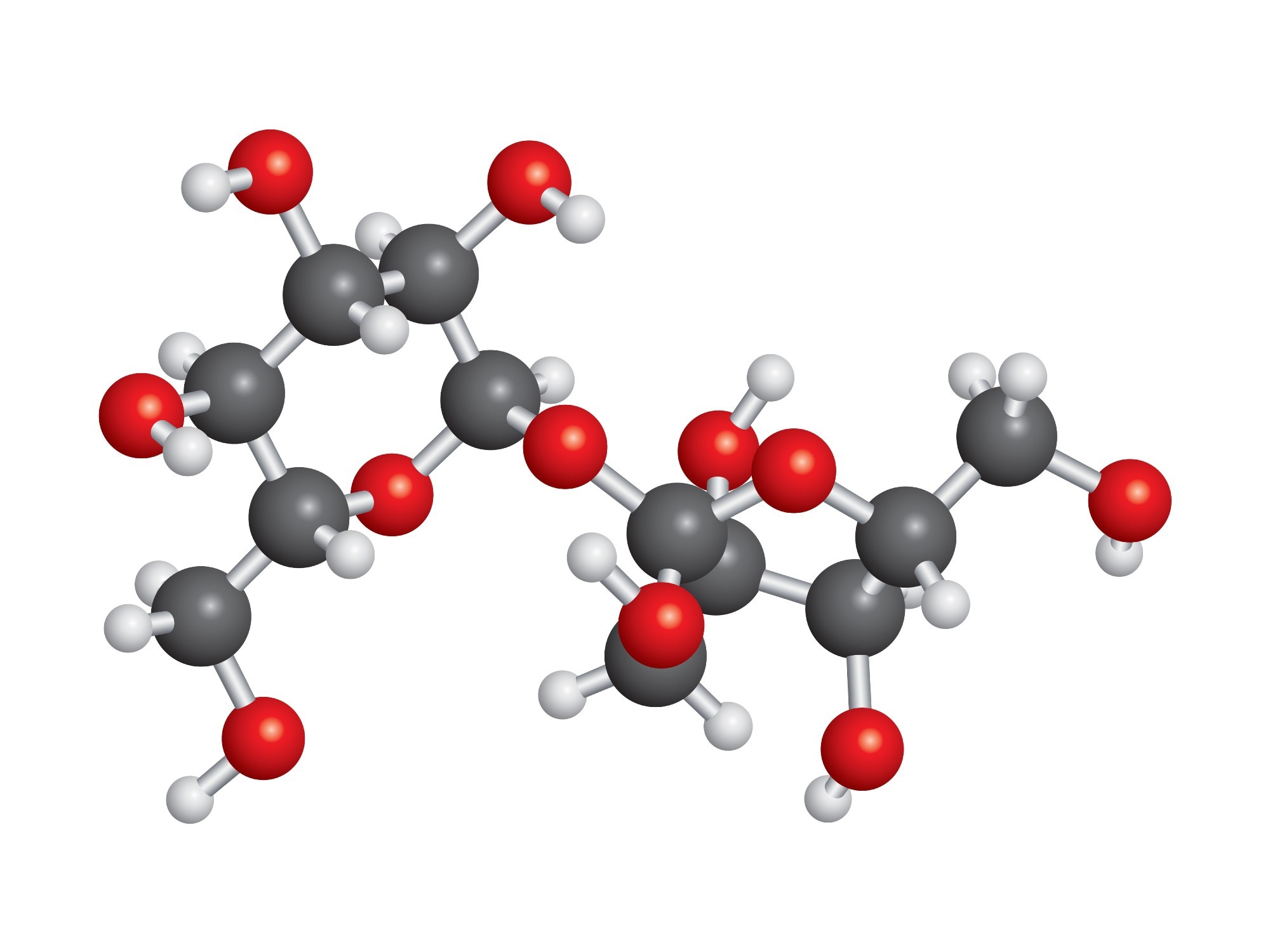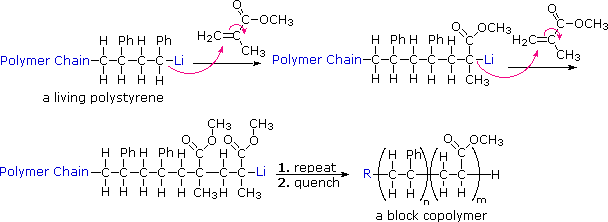Polymers in Building: Stronger, Less heavy, and Much More Long lasting
Polymers in Building: Stronger, Less heavy, and Much More Long lasting
Blog Article
Exploring the Varied Applications and Advantages of Polymers in Different Industries
Polymers, with their diverse series of residential properties and capabilities, have actually become indispensable in various markets, each gaining unique advantages from their application. Polymers. From enhancing safety and security and efficiency in the automobile sector to reinventing medical gadgets in the healthcare industry, polymers play a pivotal role. Their eco-friendly nature is modifying the landscape of sustainability methods. As we look into the midsts of polymers in electronic devices, we discover cutting-edge innovations, while their architectural stability changes the world of building and infrastructure. The prevalent influence of polymers across sectors is a testimony to their convenience and adaptability, shaping the future of plenty of markets.
Automotive Market Applications
Polymers play an essential duty in enhancing the performance and toughness of numerous parts within the automotive industry. One famous usage of polymers in the auto sector is in the manufacturing of lightweight components.

Healthcare Market Benefits
In numerous medical care applications, the benefits of making use of polymers are widely acknowledged for their varied series of beneficial residential properties. Polymers play an essential function in the health care sector as a result of their convenience, biocompatibility, and cost-effectiveness. Among the key benefits of polymers in medical care is their capacity to be customized to certain requirements, such as flexibility, sturdiness, and biodegradability, making them suitable for a wide variety of medical applications.
Polymer-based materials are thoroughly made use of in clinical gadgets, such as catheters, implants, prosthetics, and medication delivery systems, due to their biocompatibility and capacity to resemble all-natural tissues. These materials can reduce the threat of allergies or rejections, boosting person safety and end results. In addition, polymers are lightweight, making them ideal for wearable medical gadgets and ensuring person comfort.
In addition, polymers make it possible for the advancement of cutting-edge treatment approaches, such as hydrogels for tissue design and nanocomposites for targeted drug distribution. Their ease of handling and sanitation makes them vital for keeping high requirements of health in healthcare setups. Overall, the diverse benefits of polymers add substantially to advancements in medical modern technology and patient care.
Ecological Benefits of Polymers

Moreover, polymers can add to power savings due to their lightweight nature. In markets such as transport, light-weight polymer products can aid lower gas more intake and greenhouse gas emissions. Additionally, polymers can allow the advancement of energy-efficient products such as insulation products that enhance power preservation in buildings.
Additionally, polymers play a vital duty in lowering water pollution. The use of polymer-based filtration systems can effectively get rid of toxins and pollutants from wastewater, securing water resources and ecosystems. Overall, the ecological advantages of polymers make them useful assets in promoting sustainability and environmentally friendly practices throughout different industries.
Polymers in Electronics and Modern Technology
Taking into consideration the boosting demand for cutting-edge and lasting services in modern-day markets, the integration of innovative polymer innovations in the realm of electronics and modern technology has actually become a critical strategy for driving effectiveness and efficiency. Polymers have revolutionized the electronic devices market by enabling the manufacturing of lighter, a lot more flexible, and sturdy electronic devices. From mobile phones to medical tools, polymers play a vital role in boosting product design and performance.
One substantial benefit of polymers in electronics is their protecting residential properties, which help shield delicate electronic parts from environmental variables and electrical interference. Furthermore, polymers are essential in the advancement of adaptable displays, wearable innovation, and published electronics, providing countless possibilities for producing wise and interconnected gadgets.
In addition, making use of polymers in electronic packaging has brought about advancements in miniaturization and thermal administration, boosting the total performance and reliability of electronic systems. As innovation proceeds to advance, the versatility and adaptability of polymers will definitely drive better innovation in the electronics industry, shaping the future of innovation.
Duty of Polymers in Building And Construction and Infrastructure
Polymers offer countless benefits in the building industry due to their convenience, longevity, and cost-effectiveness. One vital function of polymers in construction is their usage in finishes and sealants, giving security against ecological aspects such as moisture, UV radiation, you could check here and deterioration.
Additionally, polymers play a vital role in lasting construction techniques by allowing the development of energy-efficient frameworks. Protecting materials made from polymers assist regulate indoor temperature levels, decreasing the demand for heating and cooling find down systems and eventually lowering power consumption. The use of polymer-based composites in framework jobs such as bridges and roads boosts their long life and minimizes maintenance costs. On the whole, the incorporation of polymers in building and framework showcases their considerable effect on modern engineering methods.
Conclusion
In verdict, polymers play a vital function in different industries such as automotive, medical care, ecological, electronic devices, and building. From enhancing fuel performance in lorries to boosting medical devices, polymers supply countless benefits.
Report this page